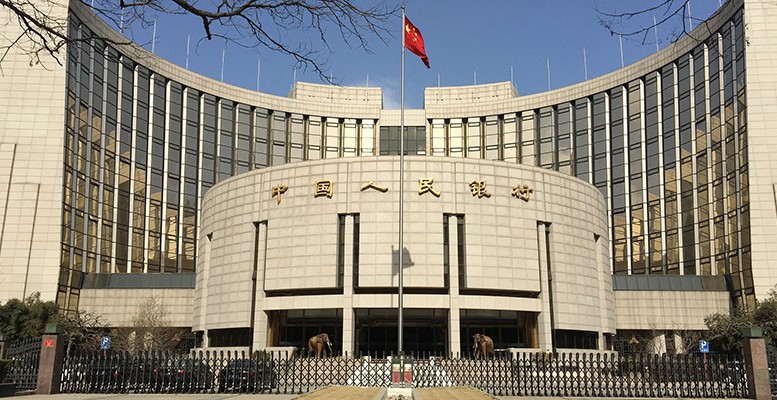Magdalene Teo, Fixed Income Research Asia, Eric Mak, Equity Research Analyst Asia, Julius Baer │China has opted for interest rate reform (to be more market-oriented) instead of announcing a benchmark rate cut, so liquidity flow is more targeted to the segments that need it. We see the Loan Prime Rate (LPR) reform as a likely precursor to a cut in the Medium-term Lending Facility (MLF) and Reserve Requiement Ratio (RRR) in the coming months. Today’s announced LPR at 4.25% may disappoint some equity investors who were looking for a strong signal of lower rates in MLF and/or LPR.
Cognisant that lower policy rates have so far only led to lower bond yields for stronger corporates and have not benefited the small and private enterprises, the People’s Bank of China (PBoC) finally announced a new benchmark for pricing loans over the weekend. The loan prime rate (LPR) is revamped such that banks are no longer allowed to set an implicit floor for lending rates in a coordinated manner, which kept borrowing costs high as they remained cautious in giving out bank loans in a slowing economy. Instead, the new LPR will be based on open market operation (OMO) rates with a spread, and the banks contributing to the LPR will be increased from 10 to 18.
Essentially, the new LPR will be linked to the lenders’ cost of borrowing from the central bank, as well as the overall system liquidity. The PBoC also indicated that its long-term bank loans, such as consumer mortgages, will not follow market-moving rates. This makes sense given the government’s reluctance to create another property bubble. While the LPR is likely to slide from current levels, translating to lower funding costs for corporates, whether this will improve transmission remains to be seen. This is because a significant portion of cheap credits are currently occupied by various government and state-owned entities. After the LPR reform, we expect the PBoC to announce further changes for the (RRR), lowering the RRR for small, micro and private enterprises.





